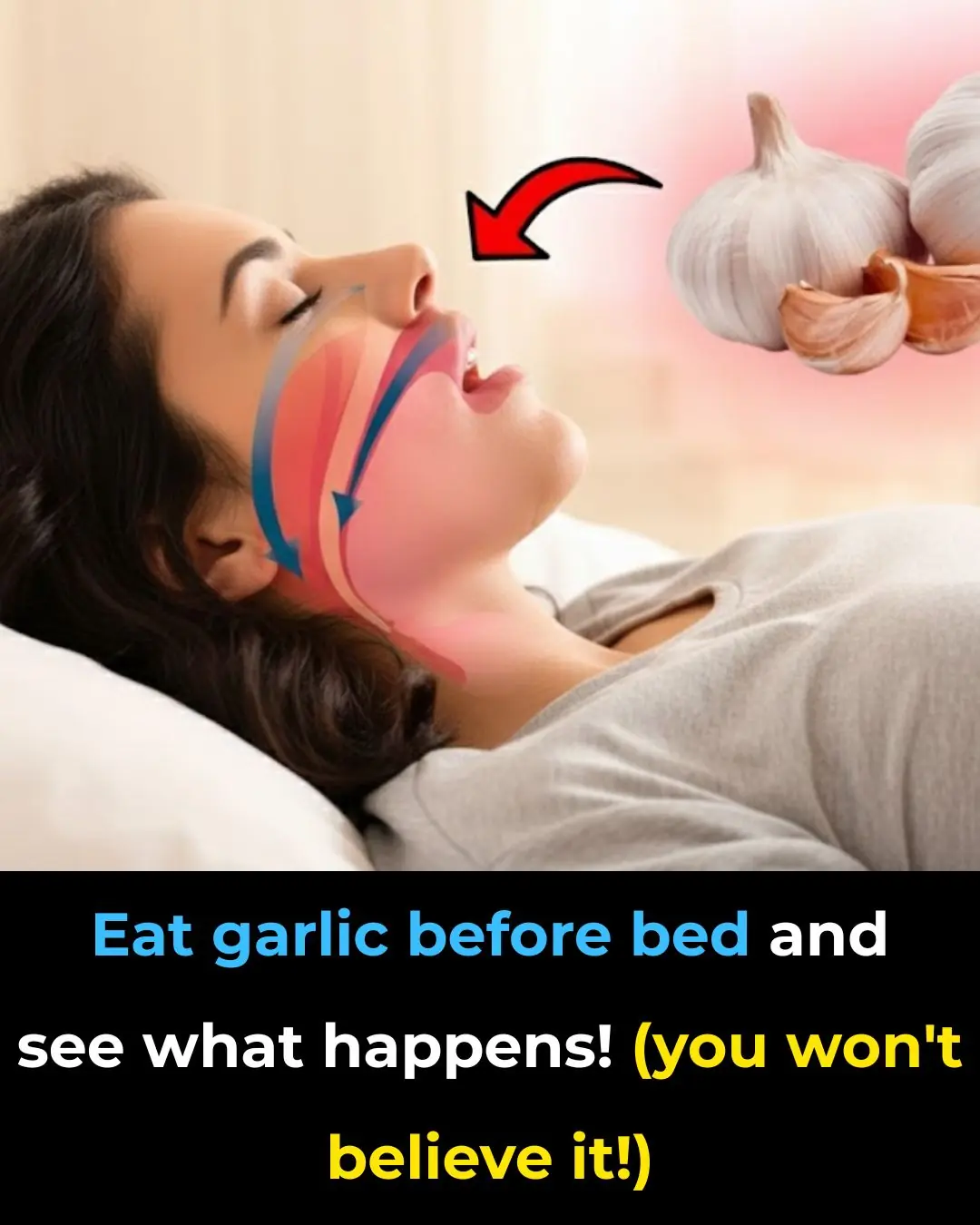
Remove one item from your home to live longer, says a 92-year-old cardiologist
What if the key to a longer, healthier life wasn’t found in a pill or a fitness routine, but in something as simple as removing one item from your home?
A renowned Soviet cardiologist, Dr. Yevgeniy Chazov, who lived to the age of 92, believed it was possible. But his advice had nothing to do with decluttering for the sake of tidiness. Instead, it was about eliminating stress—the silent, invisible force that weakens both the heart and the mind.
The Hidden Dangers of Everyday Stress
Modern science confirms that chronic stress can wreak havoc on the cardiovascular system. It raises blood pressure, triggers inflammation, weakens immunity, and increases the risk of heart attacks and strokes. And yet, many of us allow stress-inducing elements to remain in our daily environment—unaware of the toll they’re quietly taking.
Dr. Chazov believed that one of the best things you can do for your heart is to identify and remove what stresses you, whether it’s a toxic habit, a negative person, or even a physical object in your living space.
What Should You Remove First? The Television.
One of Dr. Chazov’s most surprising recommendations was this: get rid of your TV.
He believed that stress—not fat, not sugar—was the biggest threat to the heart. And in his view, television was a major source of that stress. The constant exposure to bad news, violent images, and anxiety-driven content doesn’t just affect your mood—it gradually poisons your thoughts, clouds your judgment, and weakens your nervous system.
To Chazov, television was a silent thief of peace. In his own words, feeding your mind negativity daily was like "watering a plant with acid." The result? A slow, steady decline in both emotional resilience and physical well-being.
Chazov’s Life Lessons for a Strong Heart and a Calm Mind
Dr. Chazov’s approach to health extended far beyond his medical expertise. It was rooted in philosophy, emotional awareness, and intentional living. Here are the principles he lived by—and encouraged others to follow:
-
Forgive quickly and often
Holding onto resentment, he said, is like "taking poison and expecting the other person to suffer." Letting go frees the heart from unnecessary weight. -
Live with purpose
Whether it's gardening, writing, caring for pets, or mentoring others—having a daily reason to get up in the morning fuels mental and emotional strength. -
Identify and manage emotional triggers
Self-awareness is key. Recognize what drains you, then take deliberate steps to either remove or reduce its presence in your life. -
Eat with joy, not guilt
Chazov didn’t believe in strict diets. Instead, he advocated for moderation, mindful eating, and enjoying your meals—without shame or fear. -
Protect your mental environment
Avoid gossip, toxic people, and pessimistic influences. Choose your peace before your pride. The state of your mind directly impacts the state of your heart. -
Strengthen your nervous system
Optimism, humor, and mental resilience are not luxuries—they are necessities for long-term health. Stress weakens your body, but joy can heal it.
Beyond Medicine: The Healing Power of a Peaceful Life
While Chazov made groundbreaking contributions to cardiology, he often said that emotional health was just as important as physical care. In his view, peace of mind wasn’t a side benefit of good health—it was the foundation of it.
He urged people to see their homes not just as shelters, but as sanctuaries. Every item, every relationship, every habit should either support your well-being or be questioned. If it adds stress, it subtracts years from your life.
Final Thoughts
Living a long life isn’t about perfection—it’s about protecting your peace.
Dr. Yevgeniy Chazov’s legacy reminds us that health isn’t just about avoiding illness; it’s about cultivating calm, practicing forgiveness, and choosing to remove whatever weighs on the heart—even if it’s something as ordinary as a television.
In the end, the secret to a long, heart-healthy life might not be more medication, more supplements, or more routines. It might just be less stress—and the courage to let go of what no longer serves your well-being.
News in the same category

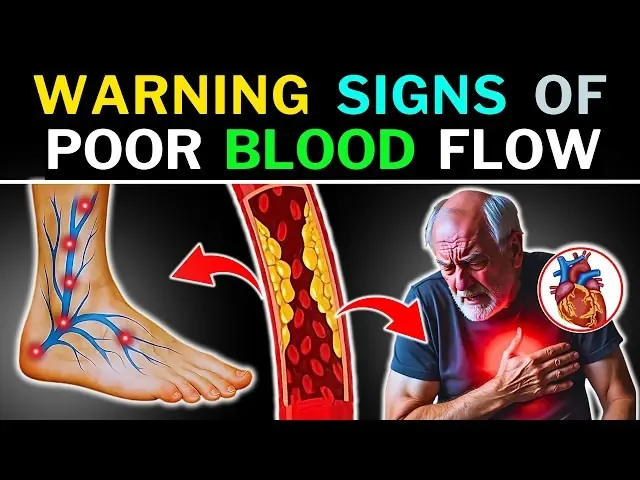
WARNING SIGNS OF POOR BLOOD CIRCULATION THAT MOST PEOPLE OVERLOOK AND HOW TO SPOT THEM EARLY
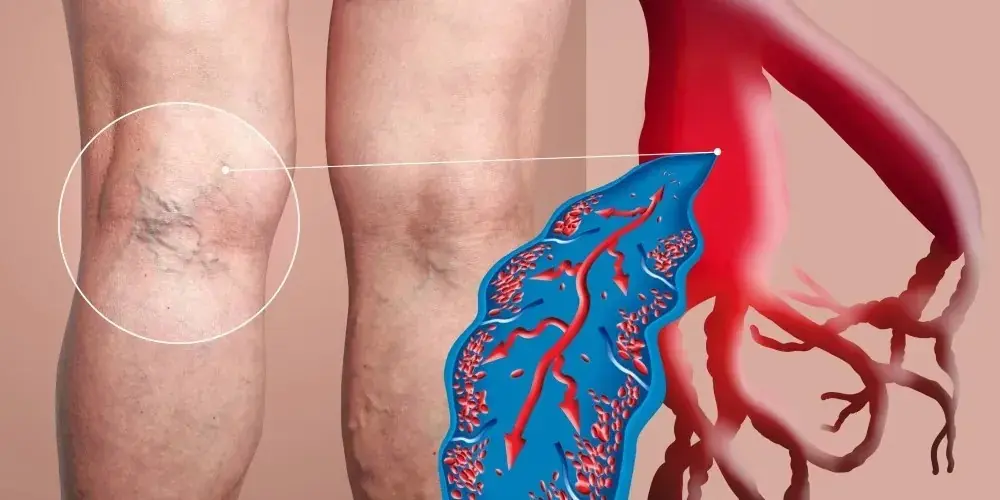
Thrombosis can strike suddenly — know the symptoms before it's too late
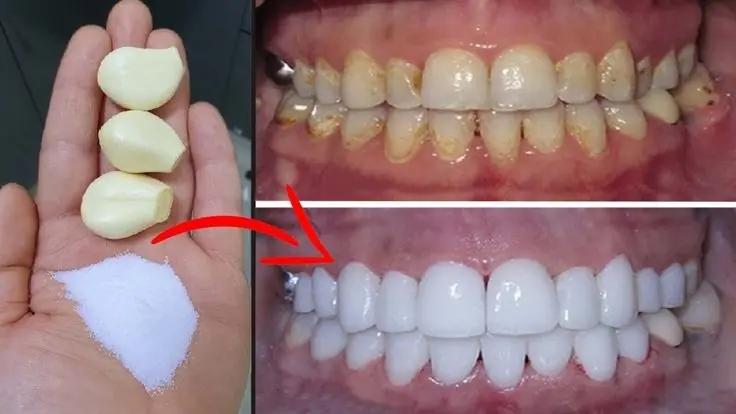
Secret that Dentists don't want you to know: Remove Tartar and Teeth Whitening in just 2 minutes
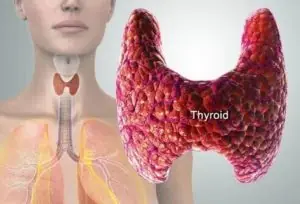
The #1 Enemy of Your Thyroid: Stop Eating This Food Immediately!
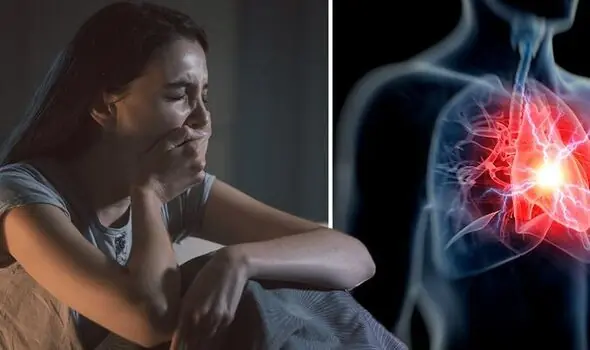
7 Warning Signs of a Heart Attack You Can Spot Up to a Month Before—And the One Deadly Sign You Must Never Ignore

This Food Helps Activate Your Body’s Stem Cells So It Can Repair Itself Naturally

These 4 Herbs Can Protect Your Brain From Alzheimer’s, Depression, Anxiety & Much More
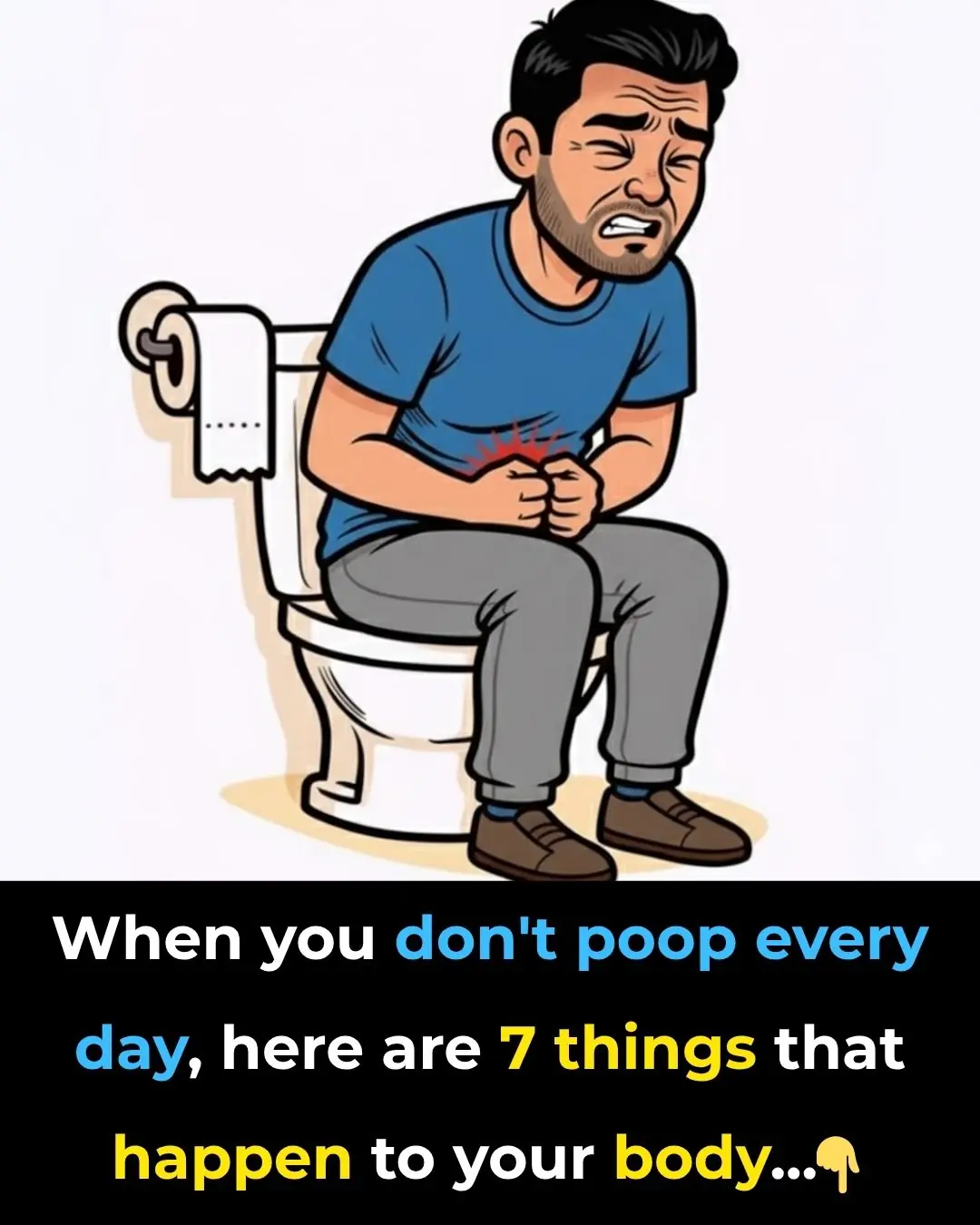
Hidden Signs Constipation Is Affecting Your Whole Body

Doctor has message for anyone who takes collagen

The Hidden Costs of Sleeping with the Wrong Person: What You Need to Know

Clean Your Blood Vessels Naturally

Cracked Heels Could Be a Warning Sign
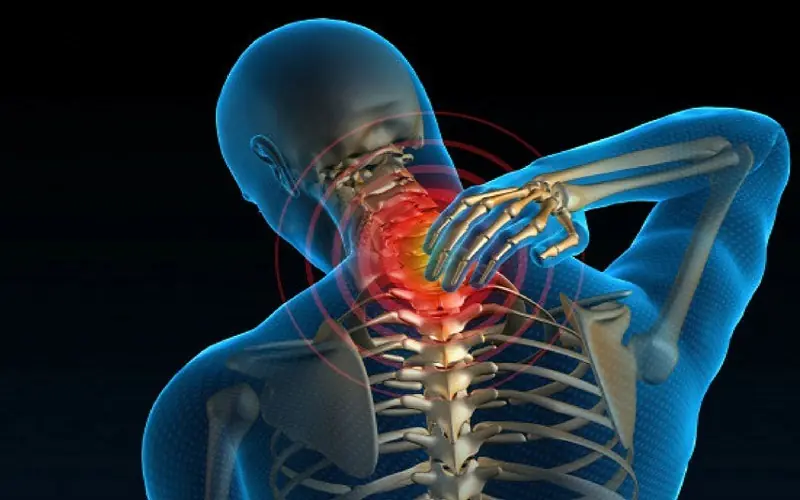
SEVEN TYPES OF PAIN THAT SIGNAL MAJOR RED FLAGS FOR YOUR HEALTH

This Is What Happens to Your Body When You Add Turmeric to Your Daily Diet, According to Science
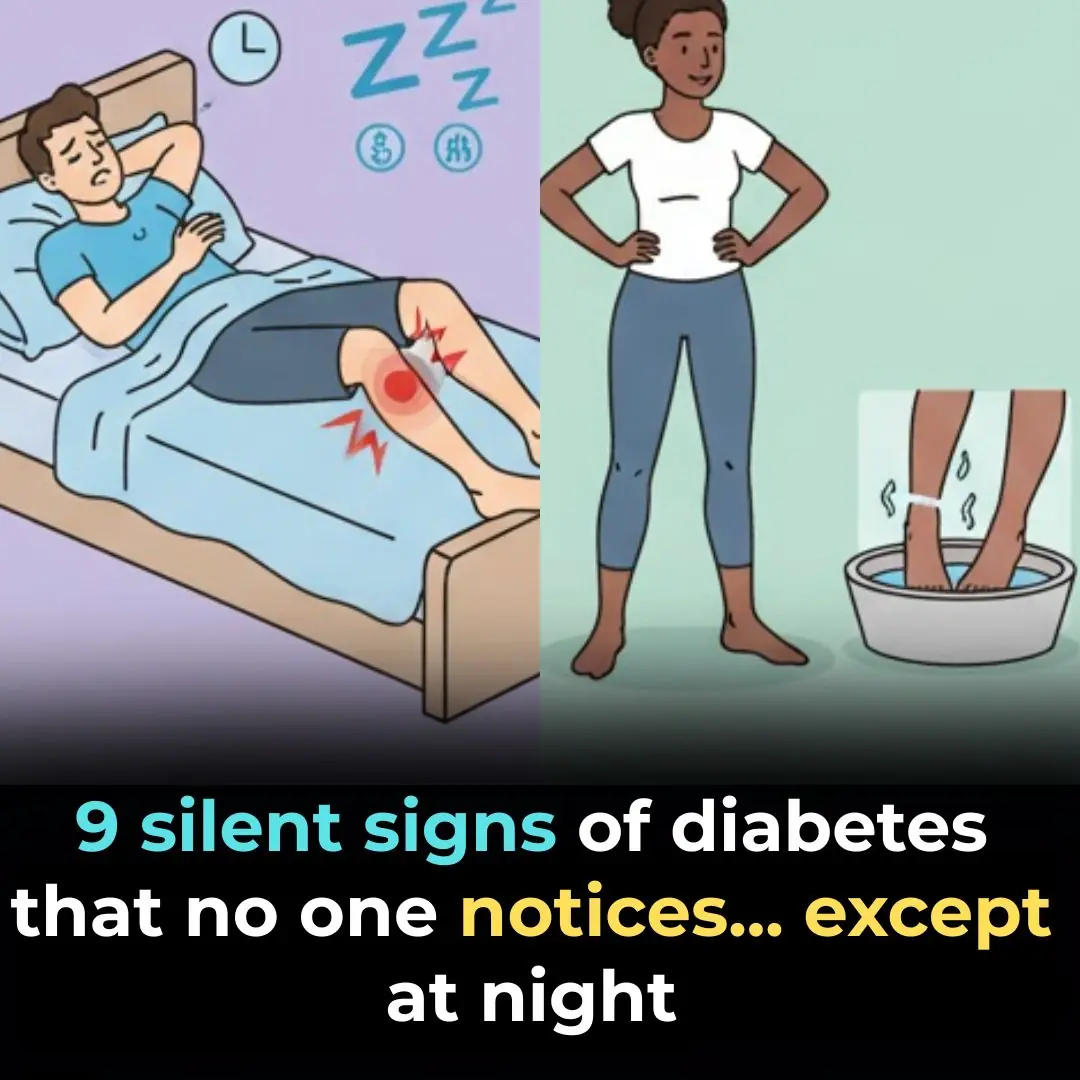
9 Signs of Diabetes That Appear at Night: What You Need to Know!
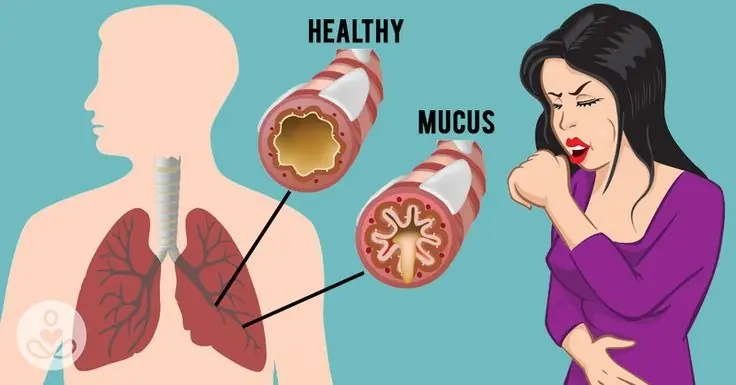
Flush Mucus From Your Body With These Highly Effective Home Treatments

Doctors Warn: These 14 Signs Mean You’re Low on Magnesium
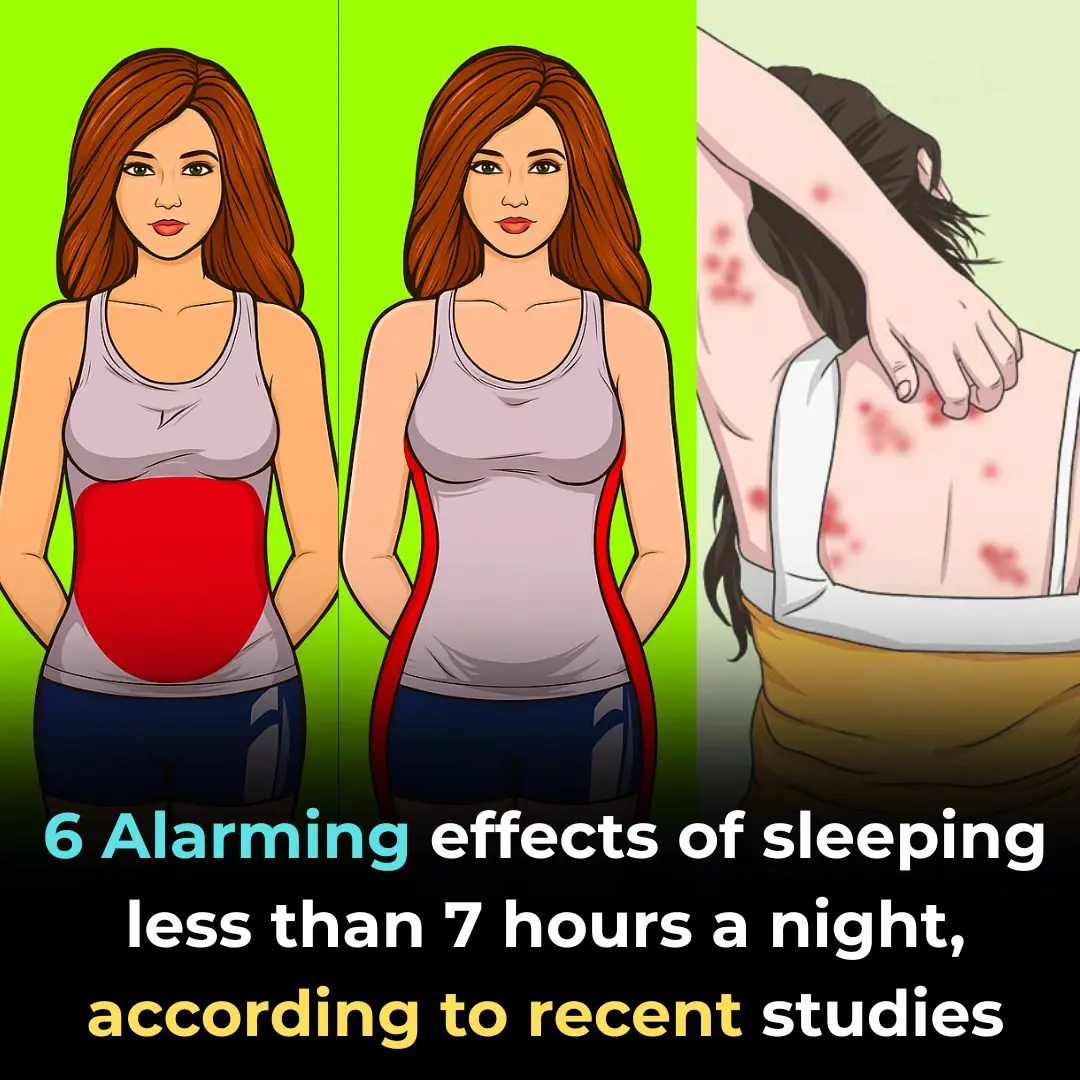
Sleeping Naked: 8 Surprising Benefits
News Post

The Woman and the Tortoise Who Grew Old Together.

The Man Who Plowed with One Hand and Rocked a Child with the Other.
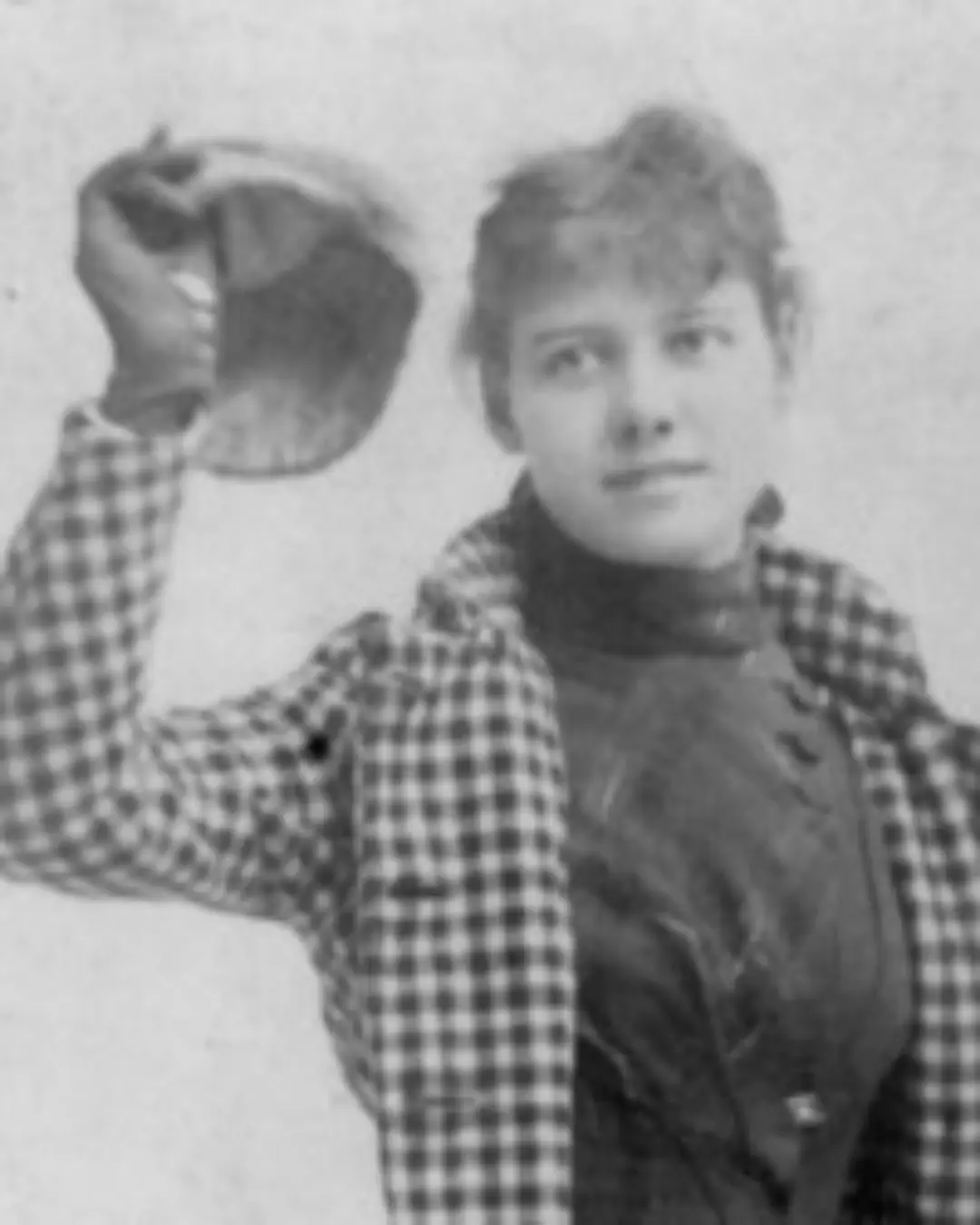
The Woman the World Forgot — and the Words That Refused to Die.

Nelson Story: The Cowboy Who Built a Legacy.

The Guardian with Four Paws.

The Girl Who Came Back After 15 Months.

A Mother’s Courage: The Elephant Rescue in the Ewaso Nyiro River.

The Day Hope Returned: A Family’s Rescue of a Dying Sea Turtle.
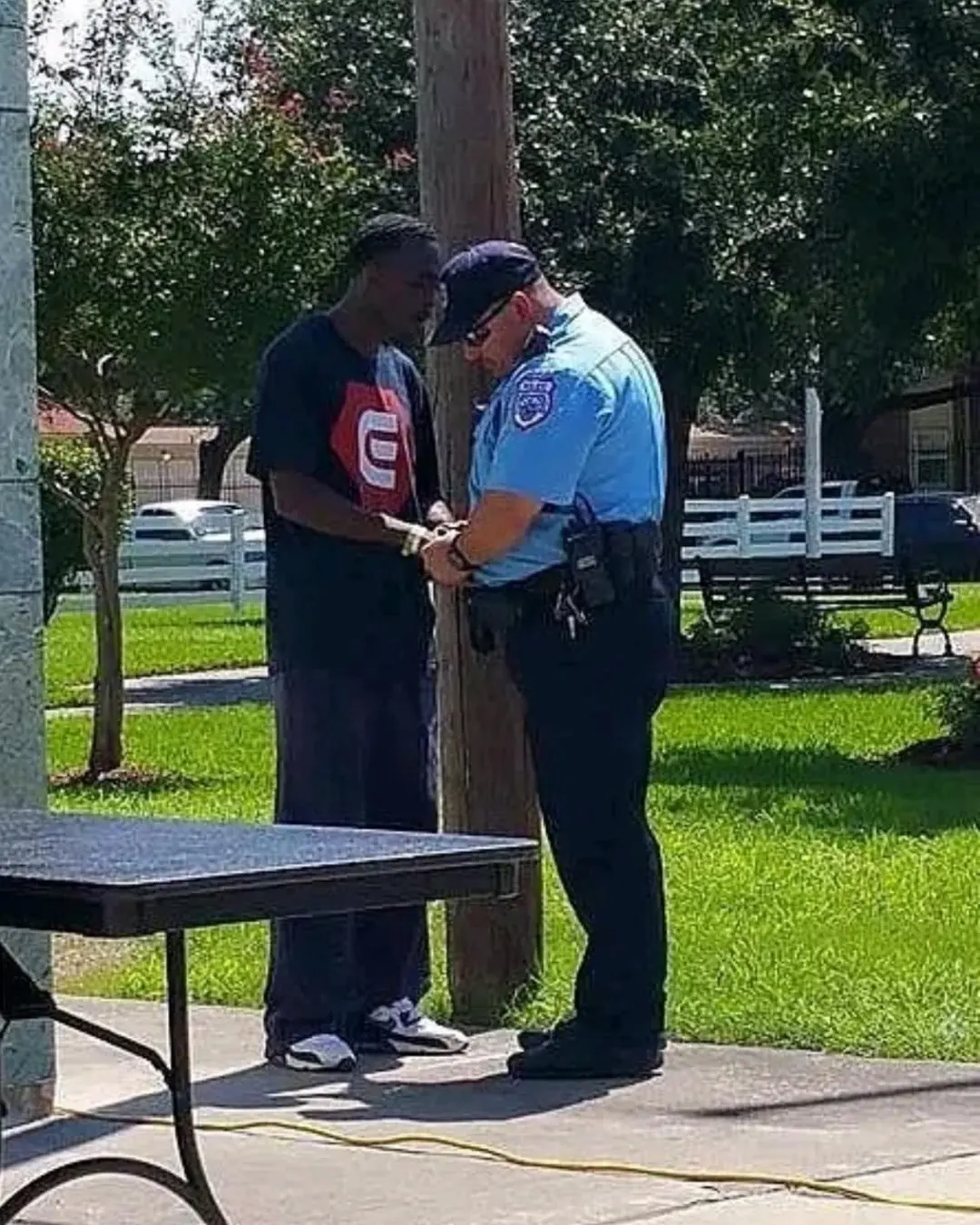
Full Circle of Grace: The Ex-Convict and the Officer Who Arrested Him.

6 Benefits of Eating Garlic Before Bedtime

The Survivor of South Padre Island: A Mother’s Courage Beneath a Broken Shell.
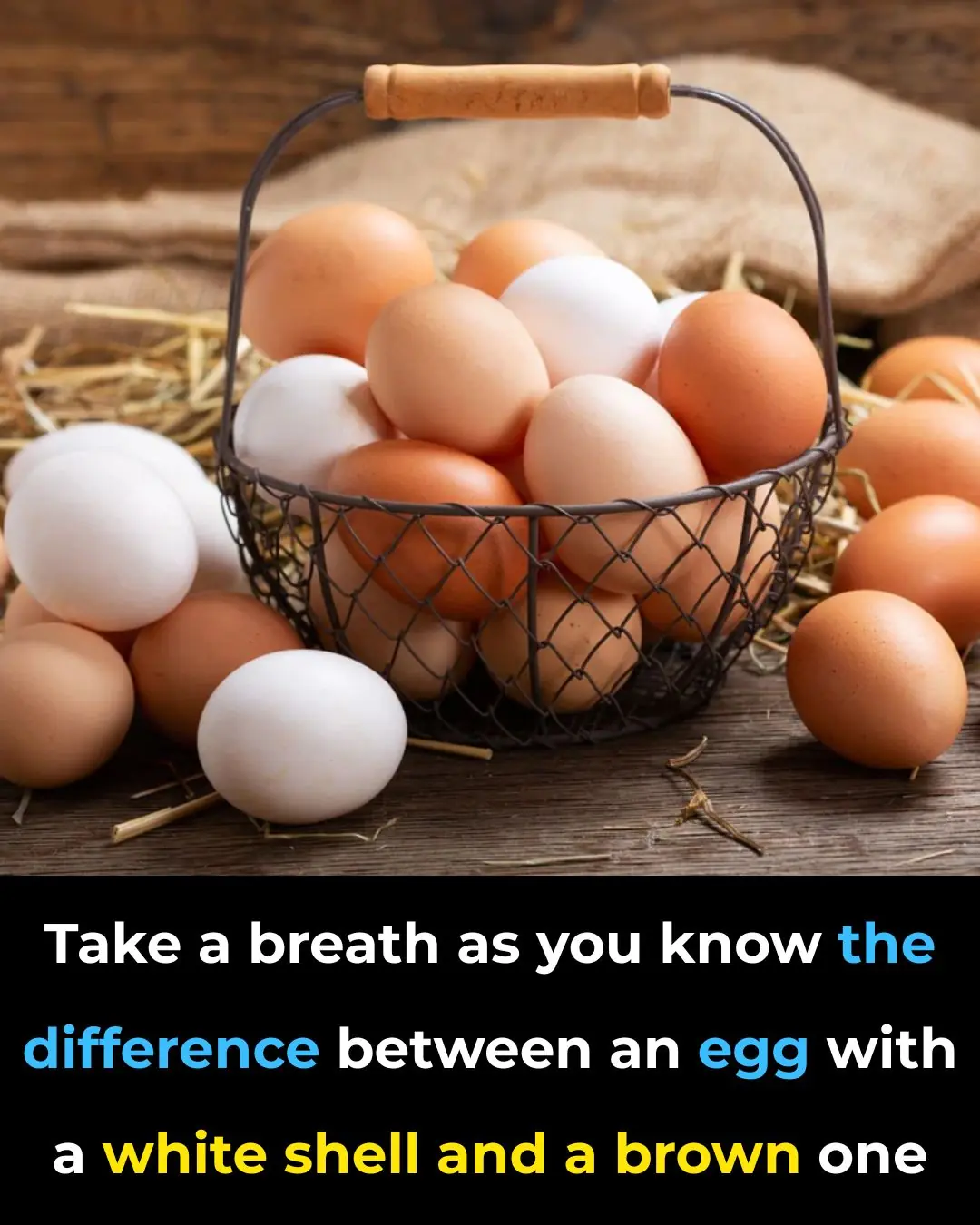
Brown vs. White Eggs: Which Should You Choose?
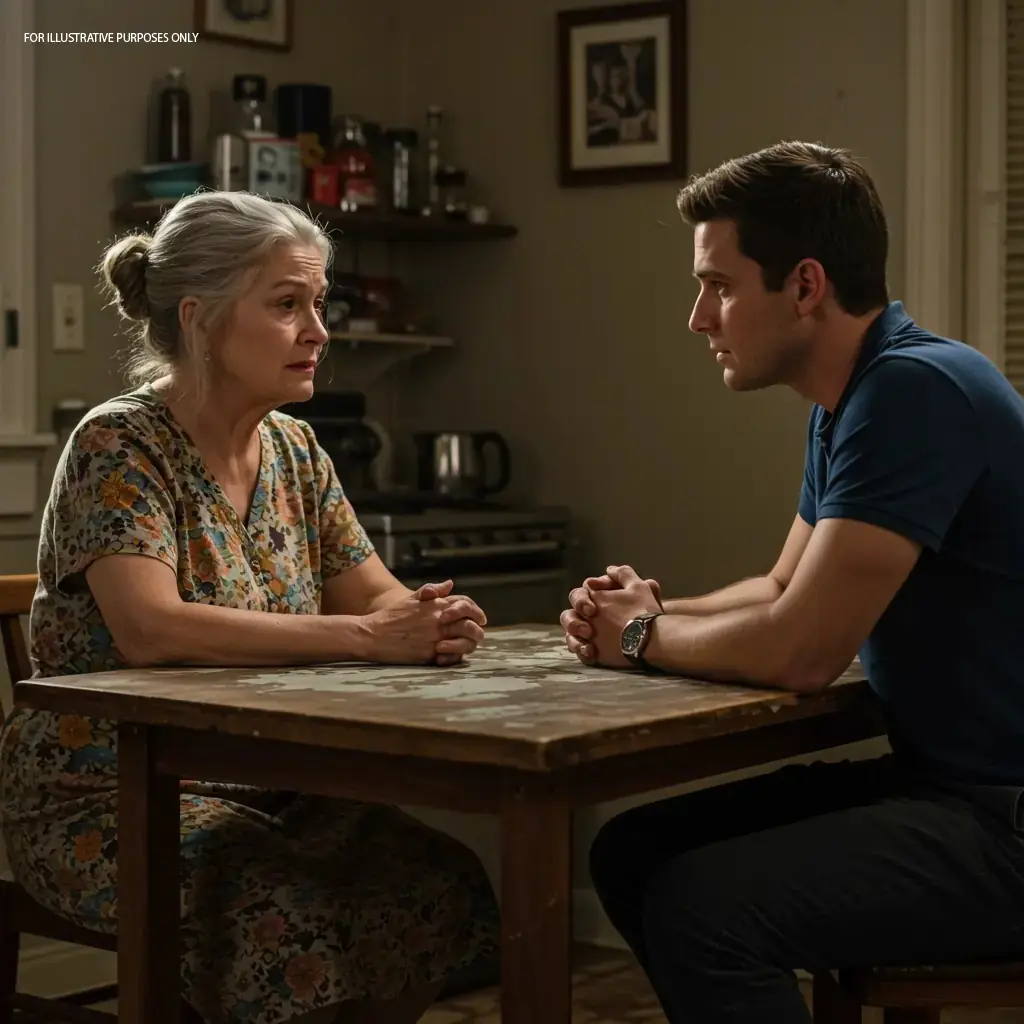
When My Daughter-in-Law Acc used Me of Ru ining Her Marriage, I Had to Make a Hard Choice

I BROKE DOWN SAYING GOODBYE TO MY K-9 PARTNER

I Found Out My Husband Was Secretly Meeting His Ex — And My Daughter Knew Her

This brave woman claims that having a stroke and losing her ability to move below the waist was the best thing that has ever happened to her

Lamb’s Quarters/Wild Spinach: The Underestimated Superfood with Maximum Health Benefits

WARNING SIGNS OF POOR BLOOD CIRCULATION THAT MOST PEOPLE OVERLOOK AND HOW TO SPOT THEM EARLY

Thrombosis can strike suddenly — know the symptoms before it's too late
